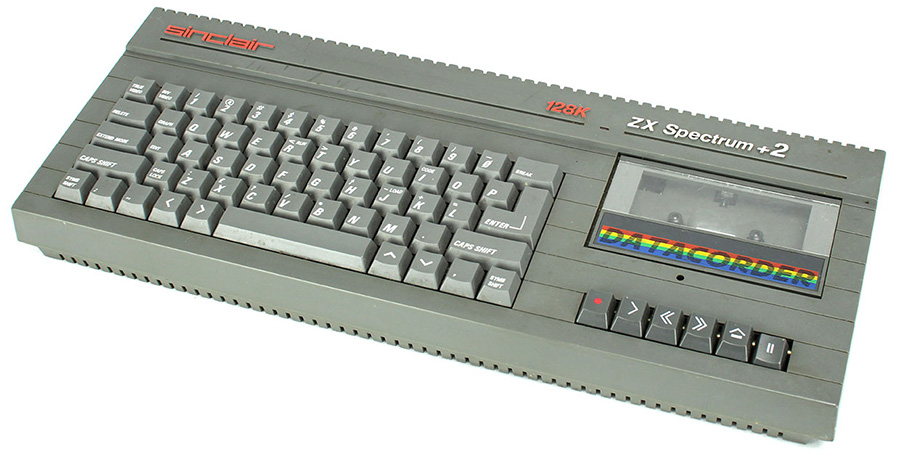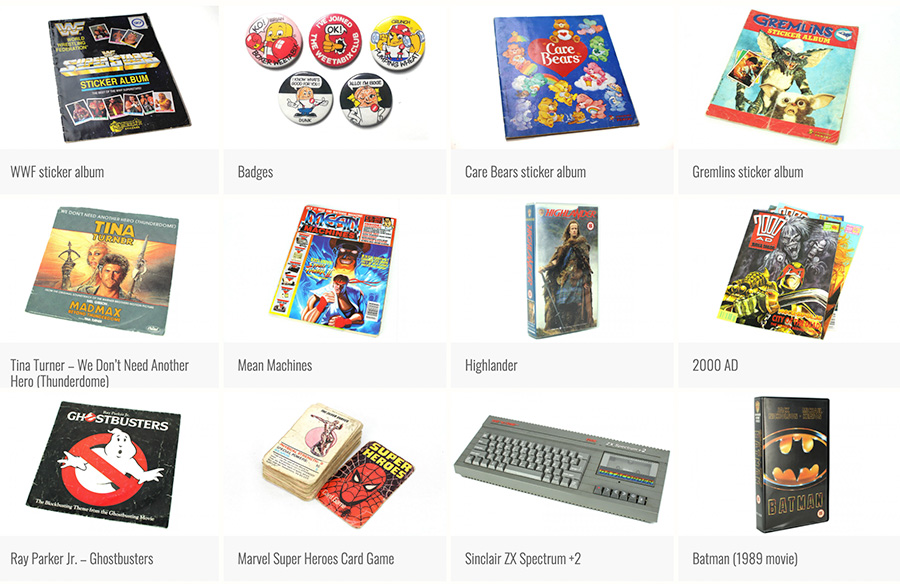When I first had children, I wondered what sort of things they would like growing up. What would spark their imagination and get their passion ignited. I started thinking back to my own childhood in the 80s and all the things I enjoyed. Saturday morning cartoons, comics, video games, action figures. Would all these still be relevant to today’s children? Would my kids enjoy all the things I used to enjoy (and still do)? Would we be able to sit and watch my favourite cartoons together?
Cartoons are on their own dedicated channels or streaming platforms now. There are no special Saturday morning moments where the collective zeitgeist of children are all watching the same thing. Comics are generally more for adults these days, and the family aspect of superheroes has moved to the cinema screen. Action figures are not as much of a thing these days for kids in the age of mobile screens. In short, a lot of things are different.
Gaming, however, is one area that hasn’t actually changed that much. Children still love gaming, and it’s even more available these days. One dynamic that has changed, however, is that adults and parents are much more into gaming than adults were back in the 80s. Mainly because most of the parents of kids these days grew up playing video games themselves. So, is there a big split between adults only playing retro games from back in their day a little and children playing modern games for hours on end? Not really. A recent study from ExpressVPN shows that people in their 30s actually spend more time gaming than Gen Z gamers. And the majority of gaming is modern gaming. Plus, many younger gamers also play retro games. Perhaps retro gaming, therefore, is the easiest way to introduce your children to retro. They will already likely be aware of Mario, Pac-Man, and Donkey Kong, just because these are characters and franchises that are so prevalent in popular culture.

In terms of other retro genres, it can be more difficult. I’ve tried showing some older movies to my kids and it can be hit-and-miss. Some classics like Back to the Future can go down a storm because they are timeless, but some others often don’t quite land, or there are too many fat jokes, homophobic jokes, or sexist jokes, which were par for the course for the 80s but don’t quite fly these days. Or the kids will ask when the protagonist is trying to escape the villain, “Why don’t they just call someone on their iPhone for help?”.
In terms of cartoons, some of the classics, such as He-Man and the Masters of the Universe, Transformers, and ThunderCats, still hold up for younger viewers, but I think they grow out of cartoons like that more quickly these days. They are used to super-fast cuts and more action.
In my experience, the worst thing you can do is to try to force-feed your child your own retro memories and try to make them like your stuff. Not only will they possibly not relate to it because it might genuinely feel too old for them, but it’s also not going to feel like their own. Sadly, in this day and age, there are fewer and fewer new franchises coming out. In the 80s, we were lucky to have so many new characters and worlds created that are still going strong today. Let your child find their own new worlds to fall in love with. I make sure my kids can see all my retro pictures, books, VHS tapes, etc., that I own just lying around the house, but I don’t force anything on them. If they happen to see something they like and want to ask about it, then I will happily answer whatever questions they may have. I might offer that we watch it or read it together. I open the door, but I don’t push them through. Quite often, you will find that they do latch onto something from your childhood. When that happens naturally, it’s magic.

What I do encourage them to do is to embrace whatever it is that they enjoy in those formative years, even if it’s all modern stuff, of course. And I’m hanging on to any brochures, boxes, games, etc., because, in 10 or 20 years, that stuff will be their retro and nostalgic memories. Who knows, maybe they will want to share those memories with their children.

